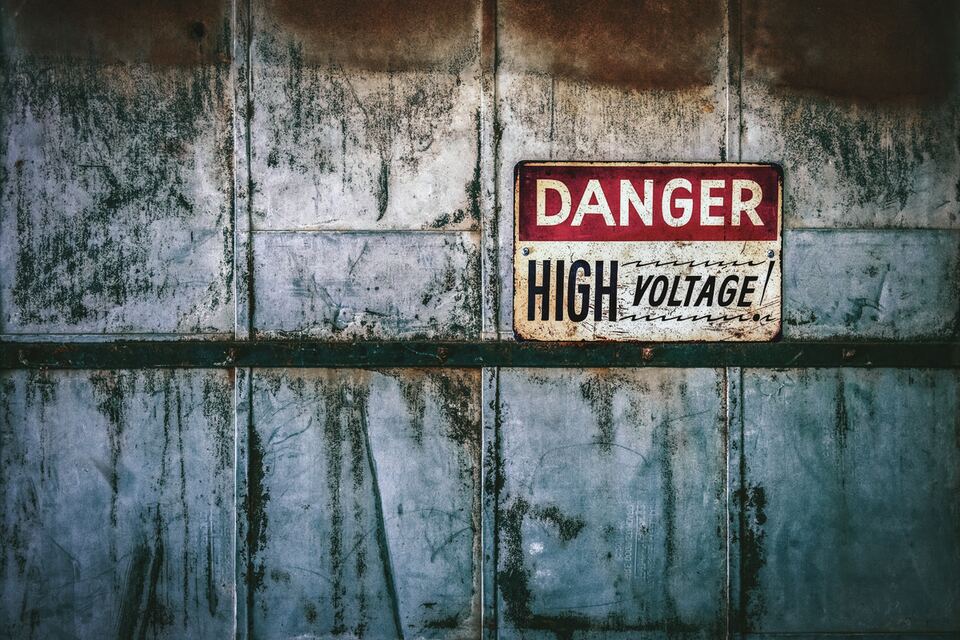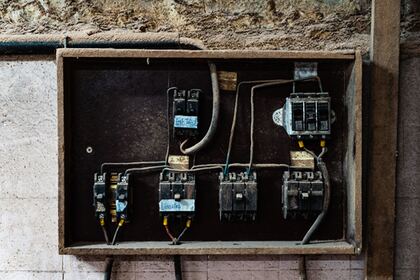
Understanding electrical terminology is essential for both homeowners and professionals when dealing with electrical systems and projects. Electricians use a variety of specialized terms to describe components, tools, and processes related to electrical work. In this glossary, we will explore a wide range of terms commonly used by electricians, providing clarity and insight into the world of electrical engineering.
1. **Ampere (A):**
A unit of electric current, representing the flow of electrons through a conductor. It measures the rate at which electricity flows.
2. **Circuit Breaker:**
A safety device designed to automatically interrupt electrical current flow when it exceeds safe levels, preventing overloading and potential hazards.
3. **Conduit:**
A protective tube or channel used to house electrical wires, protecting them from damage and providing a path for wiring installations.
4. **Current (I):**
The flow of electric charge through a conductor, measured in amperes (A).
5. **GFCI (Ground Fault Circuit Interrupter):**
A safety device designed to protect against electric shocks caused by ground faults or current imbalances in circuits. GFCIs quickly shut off power to prevent accidents.
6. **Insulator:**
A material that resists the flow of electricity, used to cover or coat conductors to prevent current leakage or electrical shocks.
7. **Junction Box:**
An enclosure used to house electrical connections, ensuring they are secure and protected from environmental factors.
8. **Kilowatt (kW) and Kilowatt-Hour (kWh):**
Kilowatt is a unit of electrical power, while kilowatt-hour is a unit of electrical energy consumption, representing one kilowatt of power used for one hour.
9. **Load:**
The amount of power consumed by electrical devices or appliances connected to a circuit.
10. **Neutral Wire:**
The wire in an electrical circuit that carries current back to the source, completing the electrical circuit.
11. **Ohm (Ω):**
The unit of electrical resistance, measuring how much a component restricts the flow of electric current.
12. **Overload:**
A situation where an electrical circuit is exposed to more current than it can handle, potentially leading to circuit damage or fire.
13. **Resistance:**
The opposition to the flow of electric current in a material or component, measured in ohms (Ω).
14. **Short Circuit:**
A low-resistance path between two conductors, causing excessive current flow, which can lead to circuit damage and hazards.
15. **Transformer:**
A device used to change the voltage of electrical power, either stepping it up (increasing voltage) or stepping it down (reducing voltage).
16. **Voltage (V):**
The electric potential difference between two points, measured in volts. It represents the force that drives current flow.
17. **Watt (W):**
The unit of electrical power, measuring the rate at which electrical energy is consumed or produced.
18. **Wire Gauge:**
A measurement system indicating the diameter of electrical wires. Smaller gauge numbers represent larger wire diameters.
19. **Xenon Lamp:**
A type of electric discharge lamp that produces a bright and intense light using xenon gas.
20. **Yoke:**
A metal bracket used to hold electrical components, such as outlets and switches, in place on a wall or junction box.
This glossary provides a glimpse into the vast array of electrical terms used by electricians. Mastery of these terms is vital for clear communication, safety, and successful electrical projects. Whether you are a homeowner seeking to understand electrical repairs or an aspiring electrician, familiarizing yourself with these terms will help you navigate the world of electrical engineering with confidence and efficiency. Always consult a qualified electrician for professional advice and assistance with electrical work, as electricity is a powerful force that demands careful handling and expertise.






Leave Comment Below